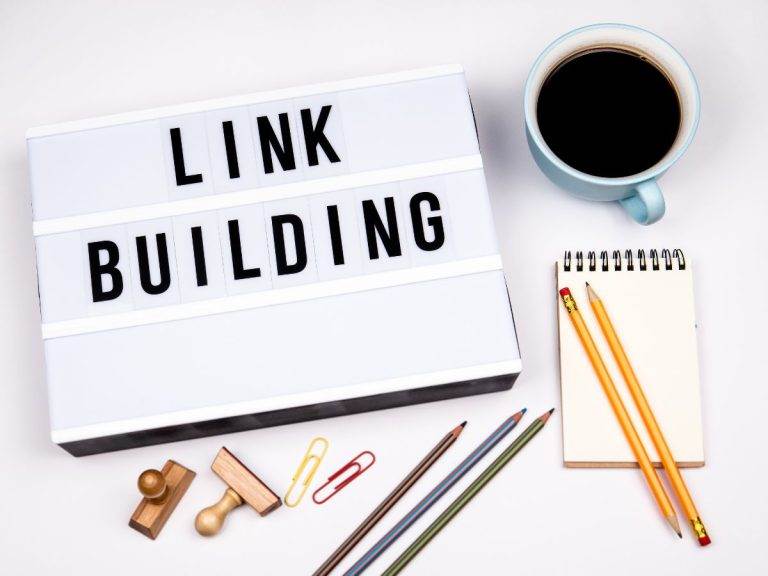What does SEO mean?
Introduction to Search Engine Optimization
If you have a website, you must have come across the term SEO, and you may have thought, What does SEO mean? SEO is a short form of Search Engine Optimization wherein you use strategies to beat your competitor and generate free leads online.
This guide will cover everything about SEO, from the terms and phrases to the techniques.
What does SEO mean?
Millions and billions of people use the internet to find solutions and answers. As a result, we are a society that has become internet dependant. Ninety-three percent of online experience begins with a search engine, according to a study by Forrester in 2006.
Back in 2011, when I was starting with internet marketing, I came across the word SEO, and the question in my mind was, what does SEO mean?
SEO is the practice of improving the visibility of your website on search engines (Google, Bing, Yahoo. Ask. etc.) to generate quality and quantity traffic. In addition, the goal is to generate leads or sales through non-paid search engine results.
The non-paid traffic is often termed organic traffic. Let’s dive into more detail to understand the concept better.
How Do Search Engines Work?
We must know how a search engine works to understand Search Engine Optimization. Search engines are like a library, but it is a collection of web pages instead of a book. Even though there are more than 30 search engines, SEO experts only pay attention to Google because more than 90% of the searches on the internet are on Google.
Search engines have three primary tasks:
1. Crawl
Search engines have web crawlers that go through billions of pages on the internet. These pages are also known as search engine bots or spiders. First, the crawler looks for content and the code to understand it. Next is a discovery phase wherein the crawler is looking for new and updated information. Then, the crawler follows the URL on those pages to discover more pages.
The article How Google Search Works by Google states there is no centralized registry of all web pages, so Google finds new pages through the link for a page it already has in its database to discover new pages.
If you have a completely new website and want to improve crawling, you have three options:
a. If you have changed a single page, you can submit the URL directly to Google through Google Search Console.

b. Insert the link of your new page in a page that Google has already indexed. Please make sure it is a relevant page as your website’s focus should not be only on the search engine but on the users too. Another important thing is Google will follow the links that are paid advertisements, links in comments, or any that don’t follow Google Webmaster Guidelines.
c. Google considers your homepage as the most important of all the other pages. It says, “If you ask Google to crawl only one page, make it your home page“
2. Indexing
After Google has finished crawling, its AI tries to make sense of what the page is about, known as indexing. Search engines try to understand the content, including images and videos on the page. The information is then saved in its vast database, Google Index.
If you want to improve your page indexing on Google, you must:
- Page titles should be short and meaningful.
- Page headings must be highly relevant to the subject of the page
- Use text more instead of images or video as the content. Google understands the text way better than any other form of content.
3. Serving
The search engines will serve their end-users once all the crawling and indexing are done. The ranking of the page depends on various factors. Among many ones of factors is what the user types in the engine. Based on the user’s query, Google will show a list of web pages with the most relevant content. The other factors affecting the ranking of the pages in search results are:
- Location: A user from a different region will see different pages based on the same keyword. For example, if you are located in New York and search for “Toyota showroom,” Google will show you results of Toyota Showroom near you rather than showrooms in Austin, Texas, which makes sense.
- Language: English is the most common language around the world. However, it has two versions, the American and the British. So if the search originates from North America, you will likely see the webpages with an American English version, but for the UK, it will be a British version.
- Devices: If you are searching on Google from your phone, it will return results of webpages that are responsive and mobile-friendly
Why is SEO important?
So now that we know the meaning of SEO and how the search engine works, why is SEO important? Why take so much trouble and put in the effort of optimizing your website for search results? Of course, by now, we know that it improves ranking and visibility on the search engine, but here are more specific reasons why it makes sense:
1) Brand awareness: A customer goes through different stages in their journey before purchasing. The initial step is called awareness. At this stage, the prospective customer has identified a problem it wants to solve, and truthfully they do not know about it. The prospective customer isn’t read
How to stop Google from indexing your pages
How to make Google crawl your pages
1) To scour through the internet and find the websites (old and new). Search engines use web crawlers (known as search engine bots or spiders) to go through all of the pages on your website.
2) To crawl the websites, gather all the information, and store it in its database
3) Based on what you have entered into a search engine, its AI (Artificial Intelligence) will pull up the information it thinks is the best
It sounds easier on the surface, but when you start studying SEO, you will know more than meets the eye.






